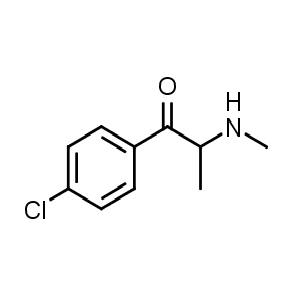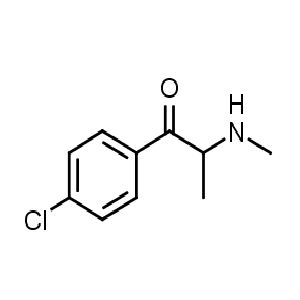Description
BUY AB-FUBINACA ONLINE
BUY AB-FUBINACA ONLINE, It is a drug that acts as a potent agonist for the cannabinoid receptors, with Kᵢ values of 0.9 nM at CB₁ and 23.2 nM at CB₂, and EC₅₀ values of 1.8 nM at CB₁ and 3.2 nM at CB₂
AB-FUBINACA (N-[(1S)-1-(Aminocarbonyl)-2-methylpropyl]-1-[(4-flinoids are commonly smoked or vaporized to achieve a quick onset of effects and rapid offset. AB-FUBINACA is orally active when dissolved in a lipid, which can increase the duration significantly. Like other cannabinoids, it is insoluble in water but dissolves in ethanol and lipids.
AB-FUBINACA, or N-[(1S)-1-(Aminocarbonyl)-2-methylpropyl]-1-[(4-fluorophenyl)methyl]-1H-indazole-3-carboxamide, is a synthetic indazole cannabinoid drug as it contains a substituted indazole core. A 4-substituted fluorophenyl group is bound to this indazole core through a methyl group at R1 of the indazole. This indazole is substituted at R3 with a carboxamide group. The terminal amine of this carboxamide is bonded to a substituted propyl chain with an aminocarbonyl group at R1 and a methyl group at R2.
Although this substance has not been formally studied, from analysis of the structure, it is presumed that AB-FUBINACA has a similar binding profile to that of other cannabinoids and matches many of the in vivo properties of Δ9-THC. As with the compounds within cannabis, AB-FUBINACA exhibits its range of effects via full agonism of both the CB1 and CB2 cannabinoid receptors, with some selectivity for CB2. However, the role of these interactions and how they result in the cannabinoid high experience continues to remain elusive.
Unlike cannabis, the chronic abuse of synthetic cannabinoids has been associated with multiple deaths and more dangerous side effects and toxicity in general. Therefore, it is strongly discouraged to take this substance for extended periods of time or in excessive doses.uorophenyl)methyl]-1H-indazole-3-carboxamide) is a drug that acts as a potent agonist for the cannabinoid receptors which produces subjective effects somewhat similar to that of cannabis. It was originally developed by Pfizer in 2009 as an analgesic medication, but was never pursued for human use. Subsequently in 2012, this compound was discovered as an ingredient in synthetic cannabis blends in Japan along with a related compound AB-PINACA which had not previously been reported.





